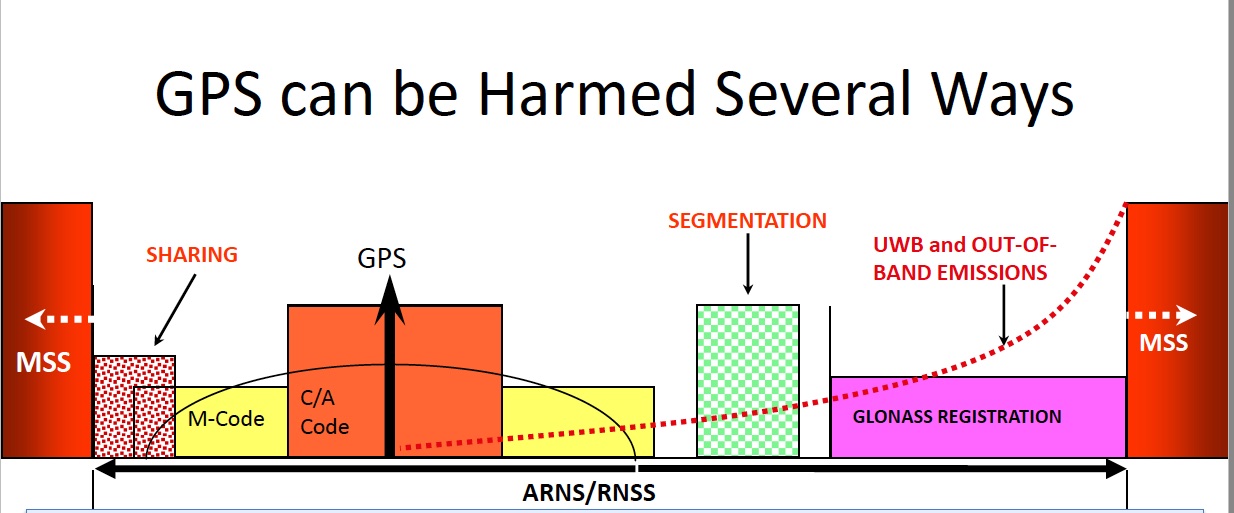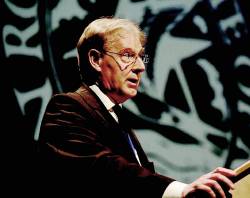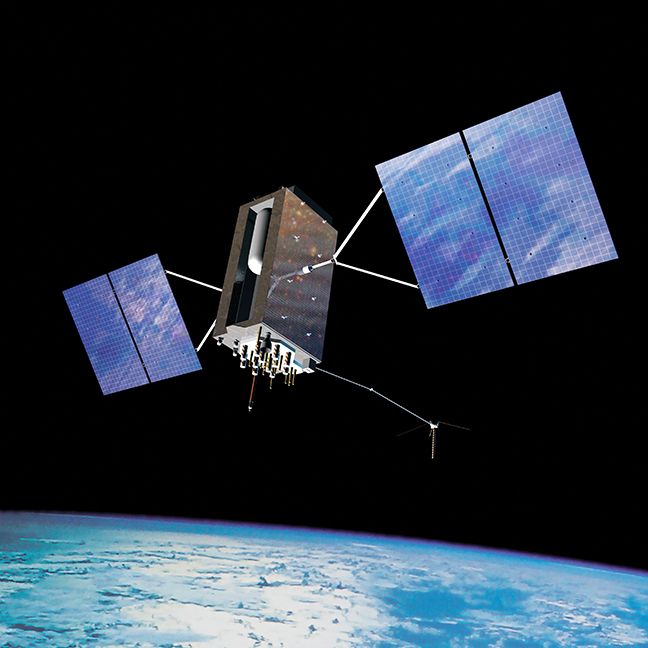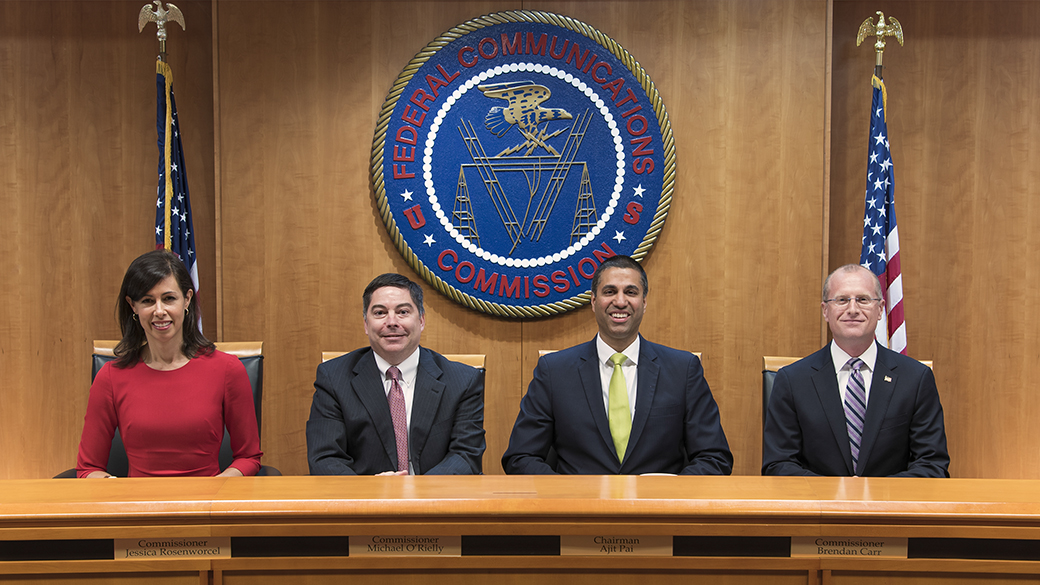GPS Innovation Alliance Asks for More Time to Respond
Spectrum regulators are considering a request to modify tough restrictions on devices and systems relying on Ultra-Wideband (UWB) technology, an approach to using frequencies that skips across wide swaths of spectrum instead of confining its signals to distinct, narrower bands.
The UWB restrictions were set late in 2004 after a highly contentious six-year rulemaking before the Federal Communications Commission (FCC) covering, among other issues, whether UWB devices would interfere with GPS receivers. Now the FCC is considering a request from Robert Bosch LLC; a global supplier of technology and services supporting smart homes, smart cities, connected mobility and connected manufacturing to change the rules and expand the potential uses of UWB. UWB, for instance, is a technology with the potential to connect all such devices in a smart home to the cloud.
UWB devices can operate in different ways—sending pulses to transmit data, for example, or scanning spaces in a series of steps, with each step just a few megahertz apart. All UWB devices have one thing in common though; they spread their function across hundreds of megahertz of spectrum. The request now being considered defines UWB devices and services as those using at least 500 MHz.
The technology can enable very innovative applications. Among the use cases mentioned in the June 18 petition are ground penetrating radar, devices to detect objects through walls and systems for radiodetermination—the locating of objects. UWB can also be used for surveillance and for medical imaging.
Breaking the content of the signals into tiny packages and spreading it across a lot of radio frequency real estate lowers the potential for interference. In fact one of the attractions of ultra-wide band is the possibility of more easily sharing frequencies.
But a reduced chance of interference is not the same as no chance of interference. In fact, interference with GPS signals was a major issue in the late 1990’s when the GPS community fought hard against UWB proposals.
“In developing the existing UWB rules, the Commission recognized that the wide bandwidth intrinsic to the operation of UWB devices could result in transmission of intentional emissions into restricted frequency bands used for safety of life purposes, such as the GPS bands,” the GPS Innovation Alliance (GPSIA) wrote in a filing in the current case under docket RM-11844.
The Radio Navigation Satellite Service (RNSS) frequencies run from 1164 to 1300 MHz and 1559 to 1610 MHz. Within these bands are specific allocations for different GPS, GLONASS, Galileo and BeiDou signals. The frequency bands mentioned in the appendix of the Bosch filing include the RNSS frequencies.
GPSIA, whose membership is anchored by GPS receiver manufacturers, is asking for an extension of 30 days on the original 30-day deadline to file comments on the Bosch request. If approved that would push the deadline for comments to September 18 and reply comments to October 3, 2019.
“GPSIA recognizes that the Commission does not routinely grant extensions of time,” the organization wrote, “but in this case there is ample good cause to depart from general policy. The Bosch Petition is at once both sweeping and specific. The Petition calls for a comprehensive review of the Commission’s ultra-wideband (“UWB”) rules, a settled regulatory framework, which has been in place for nearly seventeen years. At the same time, the Petition also seeks changes in specific UWB rules. Among other things, the Petition seeks revisions to the minimum bandwidth rules, changes to the definition of imaging systems, allowances for outdoor operation of UWB transmitters, and eligibility expansions to allow UWB devices for operation of toys and ground-based vehicles (i.e., trains, ships, and construction vehicles).”
GPSIA noted that the petition seeks to change numerous definitions to expand eligibility under the UWB rules, but does not effectively address the numerous changes to technical, operational, and service rules that would be required to implement such changes. Also, though it asked for a comprehensive review of the UWB rules, Bosch did not offer specific guidance on the intended scope of the requested inquiry.
The complex questions raised by the petition “will take some time to consider even at this early stage of the regulatory process” and “cannot be constructively addressed under the current timeframe,” GPSIA said, noting that the current rules were established after a lengthy process that included joint government-multistakeholder testing interference testing.
The only other organization filing in the docket besides the FCC was Aviation Spectrum Resources, Inc. (ASRI), a communications firm owned by the airlines and other U.S. airspace users that supports the commercial aviation industry. It expressed its support of GPSIA’s extension request.
“ASRI’s predecessor, ARINC, was actively involved in the Commission’s UWB proceeding which led to the current rules, almost two decades ago, protecting the interest of aviation to operate free from harmful interference over the many radiofrequency bands in which UWB might operate, including safety-of-life restricted bands used by aviation,” ASRI wrote. “The Bosch Petition seeks changes to UWB technical rules that would potentially impact the potential for interference, including, as the GPSIA Motion notes, changes in the minimum bandwidth for UWB, permission for outdoor UWB operations, and expansion of the types of uses to which UWB devices may be put, which could lead to greater proliferation of the devices in many operational settings. These proposed changes, among others in the Bosch Petition, are of potential concern to aviation.”
Having the additional time would allow for a more thorough investigation prior to the comment deadline, said ASRI, and, ultimately, a better record on which the Commission can make its decisions. “As the GPSIA Motion makes clear, there is considerable benefit allowing these complex technical matters to be reviewed and commented on early in the process of considering the Bosch Petition.”






